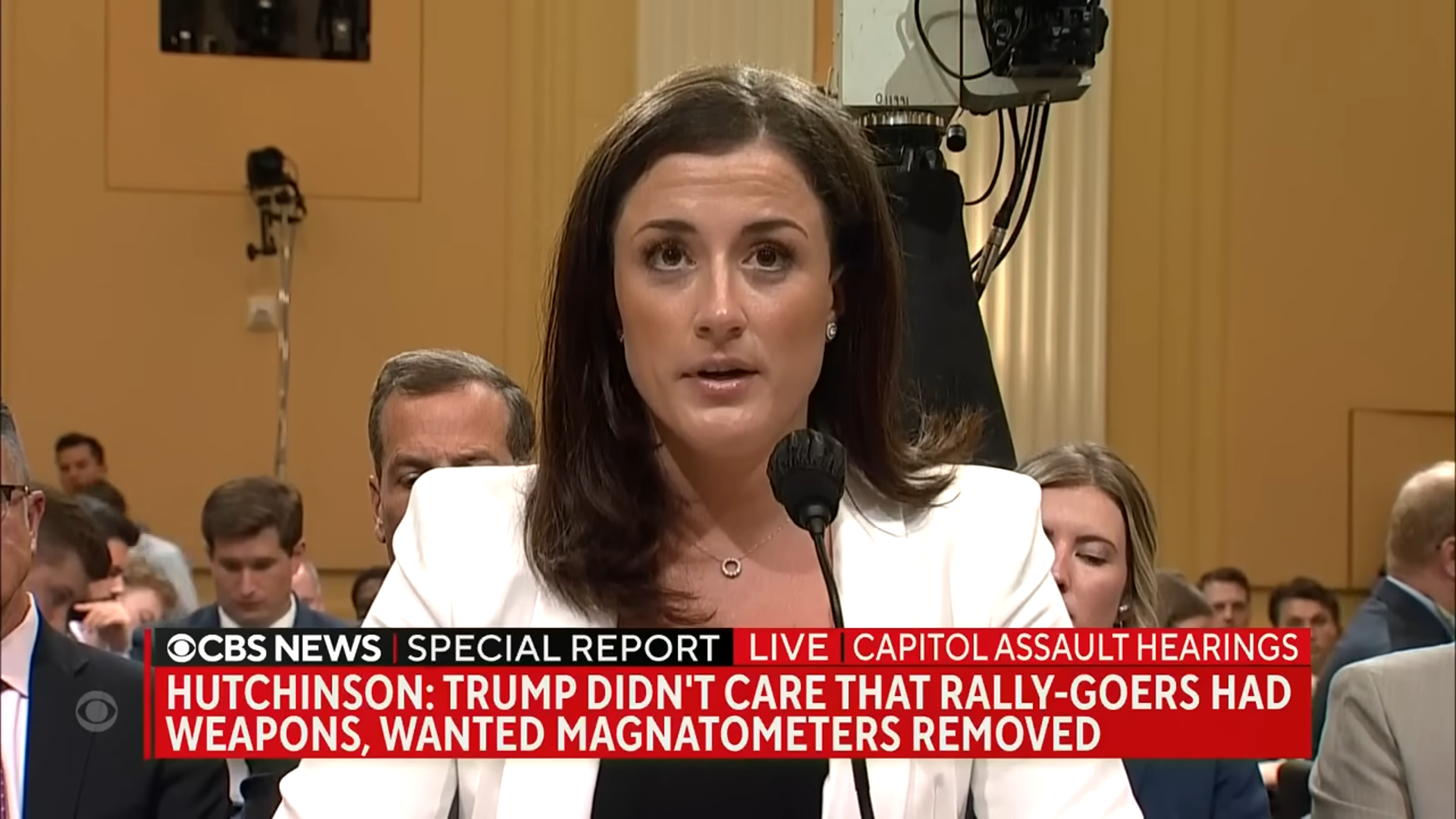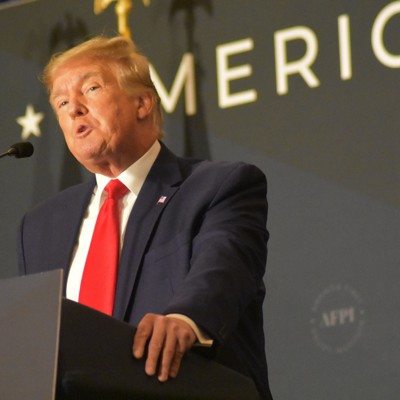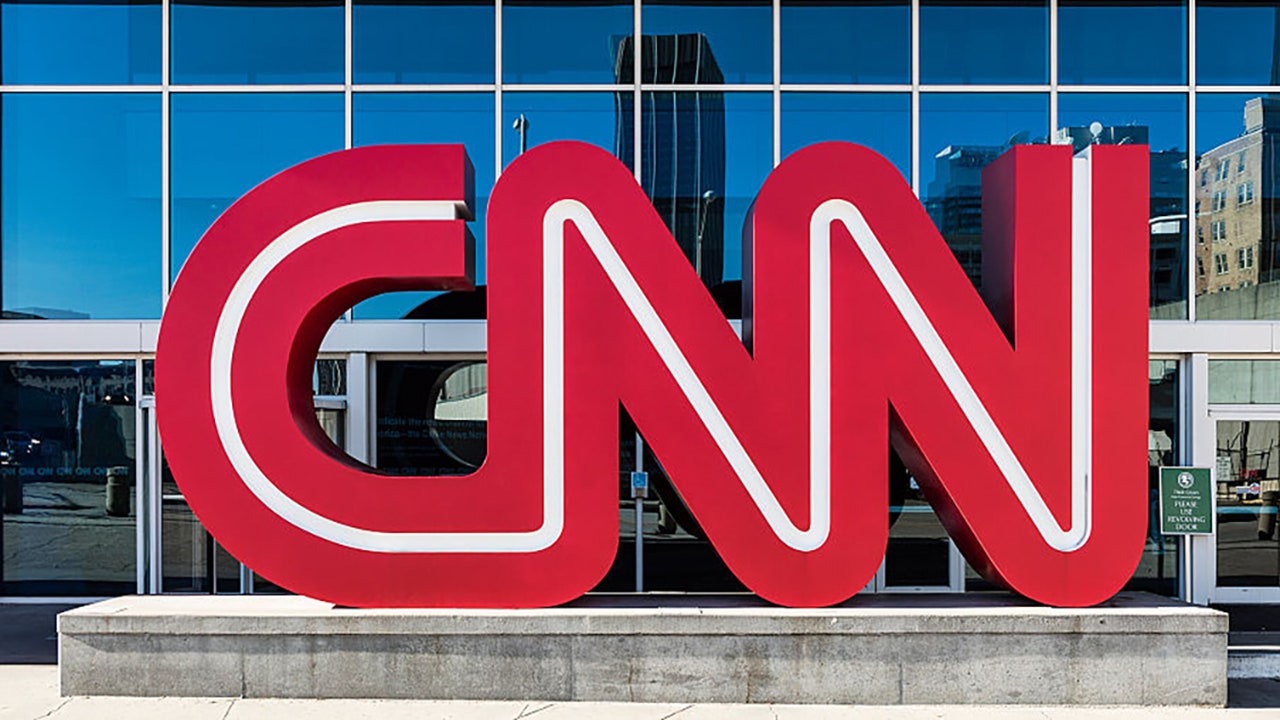Eräässä Twiitissä tai muussa jenkkiuutisessa kerrottiin, että media on selkeästi vähentänyt Trumpin näkyvyyttä viime aikoina ja antanut tilaa muille mahdollisille Rep presidenttikandeille. Capitol Hillin tapahtumat vuosi sitten olivat viimeinen pisara, joka on saanut monet republikaanit ja mediat suhtautumaan kriittisesti.
En nyt löydä enää tuota. Mutta googlessa löytyi toinen vastaava.
lähde
Marvin Kalb
Nonresident Senior Fellow - Foreign Policy
Journalism now faces a genuine dilemma. If one is to believe the stories from Mar-a-Lago, Donald Trump is musing these days about a July announcement of his third run for the presidency. 2024 may be just around the corner. Why make such an early announcement?
Apparently, Trump believes it is his best way to recapture the public’s attention—that as an official presidential candidate, he would again be given mountains of free coverage, just as he was in earlier campaigns.
Wait a minute!, you say. He’s already being covered extensively by the media, more than any other former president in American history! It’s odd these days not to find an article or mention of Trump in the papers or on network news. He remains a big story, no doubt the major figure in Republican politics and a personality made for social media, even though he holds no official position. But, for this waiting-in-the-wings candidate, that’s not enough!
Up to this point in the madness of American politics, Trump’s plans for his 2024 campaign were bouncing along nicely until, out of the blue, the House investigation of the January 6 attack on the Capitol, carried live on national television, began seriously—and surprisingly—to cut into his oft-repeated message that he was a president “illegally” denied his 2020 re-election after a “rigged,” “fraudulent” campaign, leading to an “illegitimate” Biden presidency.
Obviously, Trump and his allies were caught with their pants down. The former president felt he had to do something—thus, his still unplanned, chaotic, all-but-public announcement of another presidential run.
That announcement, when it comes, poses a major professional dilemma for American journalism. How will Trump be covered? Editors know Trump makes news. He is outrageously controversial, and, though no one knows yet, he may actually be indicted for criminal activity relating to the 2020 election and his personal finances. How do you cover such a presidential candidate, who has been widely accused of undermining American democracy?
That Trump must be covered goes without saying. He’s enjoyed extensive, though not necessarily justifiable, coverage before—ever since his down-the-escalator announcement in 2015, his wildly unorthodox, but successful, campaign in 2016, his precedent-shattering four years in the White House, his remarkable ability to survive two historic impeachments and his ongoing audacious refusal to recognize President Biden’s victory!
During the 2016 presidential campaign, for example, he received, according to a
Shorenstein Center study at Harvard, fifteen percent more free coverage than his Democratic opponent, Hillary Clinton. Why?, journalists were asked. Because, they replied, he was always “available,” a “new and different” candidate, whose comments and actions were “laced with conflict and outrage.” Trump provided them with a “cart load” of eye-catching images, bold headlines and narcissistic attractions, and the journalists couldn’t resist.
The question leading to the current journalistic dilemma, loaded with huge political consequences, is, how do you keep Trump from owning the coverage of his next presidential run? Owning, in the sense of controlling? How do journalists hold on to their independence, their editorial judgment, when they slip into the grip of Trump’s unpredictability, his hot rhetoric, his flamboyant actions? By dominating the news-making process, which clearly Trump knows how to do, he may come effectively to own it. Even if the coverage in what is called the mainstream media happens to be negative, as it most likely will be on many occasions, he wouldn’t care. He knows he would still have his old reliable Fox News and other conservative media to provide an alternative, positive spin. And, as an official presidential candidate, he would also have all the other media as well. He’ll be everywhere.
Because of the media’s immense power in a presidential campaign, Trump’s hold on media coverage gives him an almost unique form of political power, similar to that of an autocrat who controls the means of communication. In this way, Trump becomes a unique candidate, demanding a new approach to campaign coverage, which is currently beyond the grasp of most newsrooms. What was will likely be, and that’s bad news for America.
As the nation moves jerkily towards the 2022 and then the 2024 elections, journalists will inevitably face the nagging problem of saving space in newspapers and networks for stories about the pandemic, health care, climate change, global hunger, while also knowing full well that Trump and his unpredictable antics will command and, almost certainly, get their attention, and the extensive coverage that follows. Trump is known to raise TV ratings and increase newspaper subscriptions. Editors like that. Climate change stories tend to depress ratings and subscriptions. Editors don’t like that.








